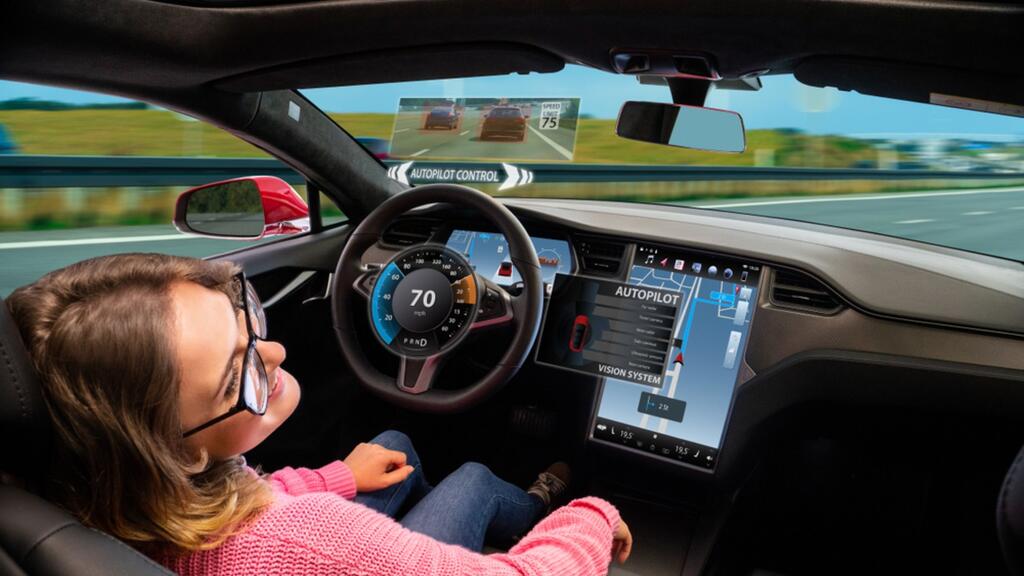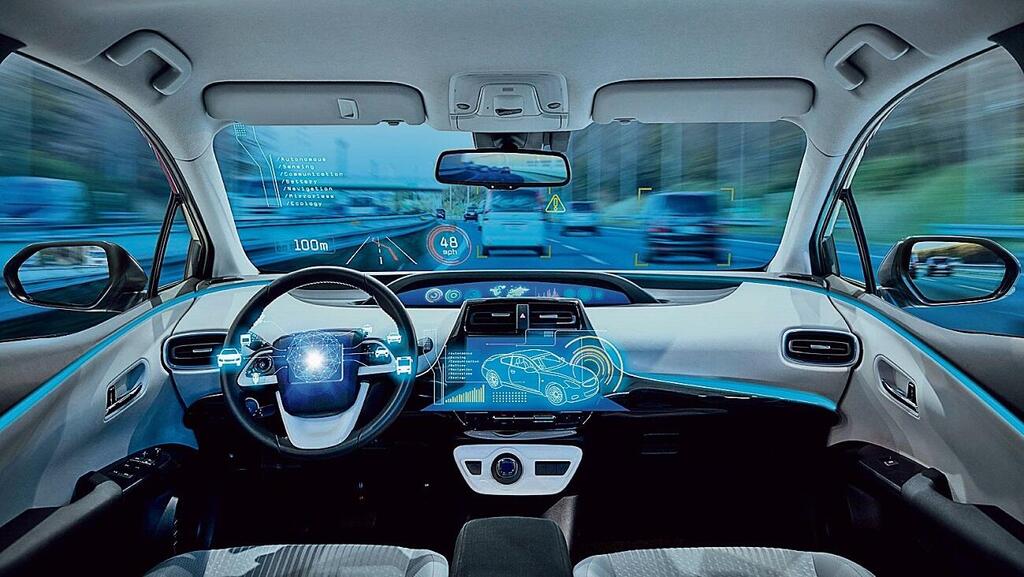Attempts to develop autonomous vehicles began more than a century ago—long before most of the world’s population had even seen a conventional car. Since then, we’ve been waiting for the day we can sit back in a driverless car, read a newspaper or take a nap while it safely takes us to our destination.
But is that vision close to becoming reality? Is regulation slowing down technological progress, or is the technology itself still not ready? What security threats could arise, and are air and space the future highways?
“The core capability already exists, and I estimate that by the end of this decade, with the help of artificial intelligence, we’ll see autonomous cars operating on closed routes,” said Amit Harel, CEO of Zicar Israel. “If we provide the vehicle with optimal conditions, it will be able to stay in its lane, park on its own, reach its destination and identify its surroundings. The next step will be seeing how regulation can keep up with the pace.”
Cybersecurity a key concern
“Driverless cars can create several types of risks,” said Sylvie Levy, deputy head of the cyber division at ELTA, part of Israel Aerospace Industries. “We have to ensure the vehicle is secure and resistant to disruptions, and that the infrastructure designed to support these cars, like traffic lights, sensors and other systems, is also protected. There are also significant privacy concerns. These are major, complex challenges.”
Get the Ynetnews app on your smartphone: Google Play: https://bit.ly/4eJ37pE | Apple App Store: https://bit.ly/3ZL7iNv
Prof. Dan Blumberg, vice president for regional and industrial development at Ben-Gurion University of the Negev and chair of the Israel Space Agency, echoed those concerns. “We’re trying to protect the computerized systems inside the vehicle. Each car now has not one or two but several computers. At the same time, all the systems around the vehicle are evolving. We’re not just addressing problems that existed when we started—vehicles must constantly adapt to new and evolving threats.”
Fari Mottet, head of the disruptive innovation division at the Israel Innovation Authority, said autonomous vehicles won’t be the sole solution to future mobility challenges. “Even with the best autonomous car, you’re still on the same two-dimensional roads in Israel, arriving at the same destinations alongside human-driven cars. In the future, we’ll need faster modes of transport—possibly flying vehicles powered by technologies beyond what we currently know.”
“Israel is a world leader in transportation technology, with hundreds of startups in the field,” said Daniela Gera Margalit, deputy director general for innovation and smart mobility at the Ministry of Transport. “More than $27 billion has been invested in Israeli transportation tech companies—about 10% of global investment in this sector. There’s definitely a lot to be excited about.”



